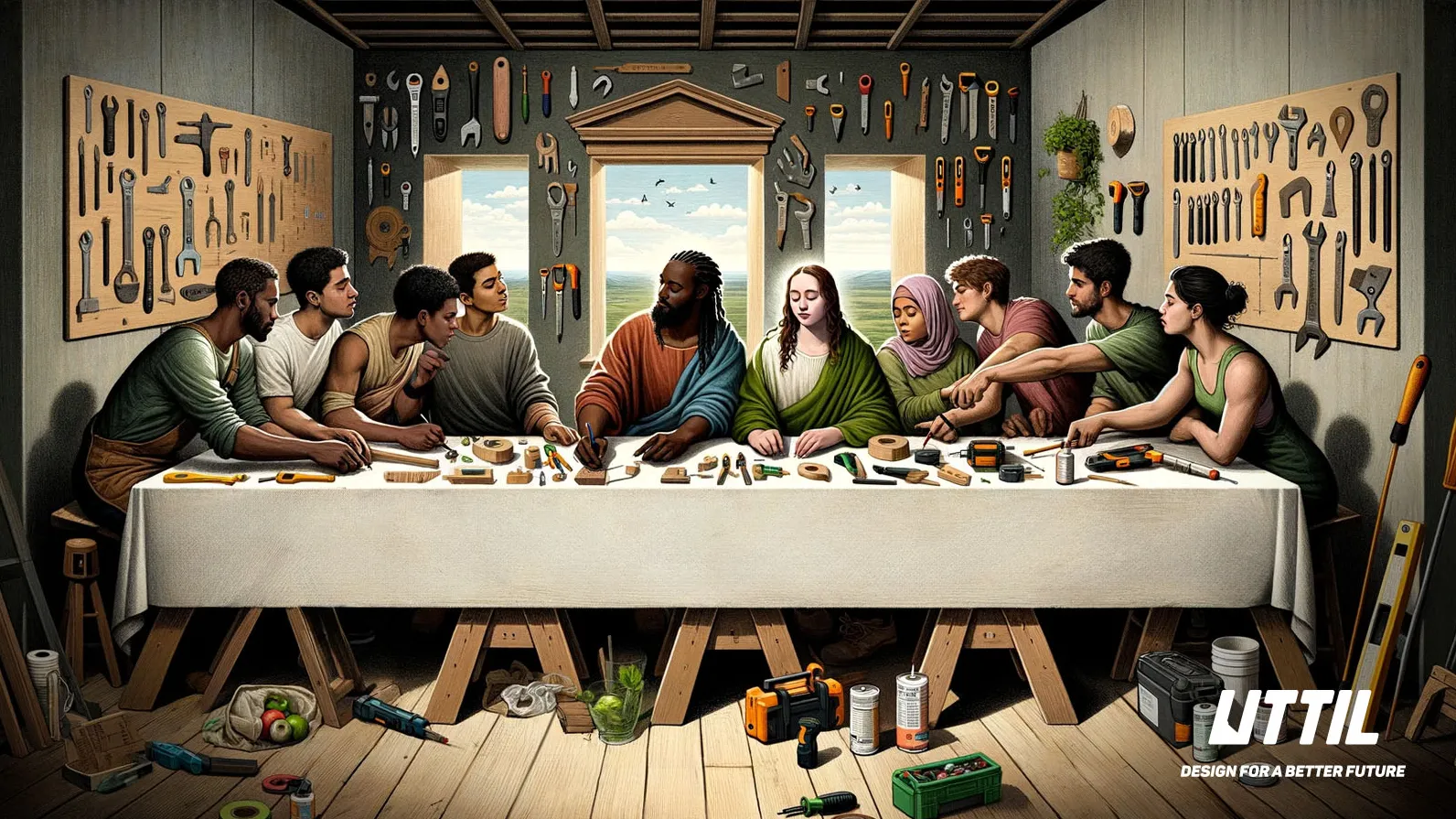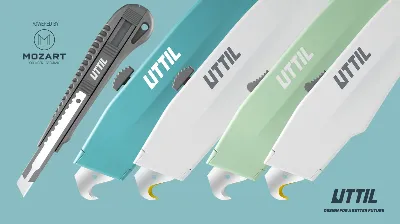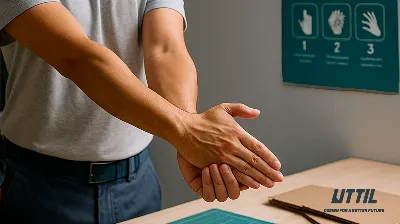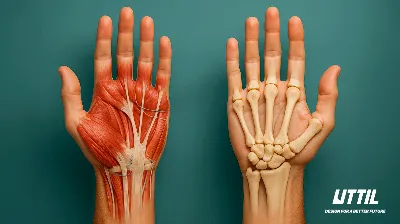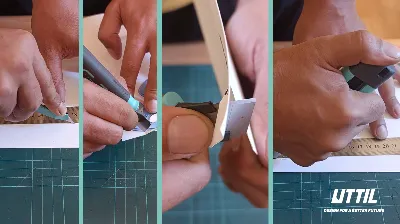Educating the Next Generation: Hand Tools and Sustainable Practices
In our
rapidly evolving world, where digital technology often takes centre stage,
imparting knowledge about sustainable practices and using hand tools to the
younger generation is increasingly crucial. This education is not just about
skill development; it's about appreciating traditional craftsmanship and
understanding its role in promoting sustainability. Emphasising tools like
utility knives and caulking guns is essential in this journey towards a more
sustainable future.
The Role of Hand Tools in Sustainable Craftsmanship
Hand tools
have been the backbone of craftsmanship for centuries. Unlike their
power-driven counterparts, hand tools like utility knives and caulking guns
require no electricity, reducing our carbon footprint. They epitomise the
essence of sustainability – using what is necessary, reducing waste, and minimising
environmental impact.
UTTIL: A Beacon of Sustainable Practices
Companies
like UTTIL stand out in the realm of hand tools. UTTIL's
commitment to sustainable practices in producing and designing hand tools, such
as utility knives and caulking guns, sets a benchmark in the industry. Their
products are designed for efficiency and durability, with an eye on reducing
environmental impact. This approach is crucial in educating the next generation
about choosing tools that align with sustainable values.
Utility Knives: More Than Just a Tool
The utility
knife, a staple in any toolkit, exemplifies the blend of simplicity and
functionality. It's a tool that teaches the youth the value of precision and
resourcefulness. A utility knife is indispensable for its versatility and
longevity in sustainable practices, especially when used in recycling materials
or DIY projects that repurpose old items.
Caulking Guns: Sealing the Deal on Sustainability
Similarly,
caulking guns play a vital role in sustainable building practices. They are
essential for ensuring energy efficiency in homes and buildings by sealing gaps
and cracks, thus reducing energy consumption. Teaching young people to use
these tools effectively can instil a sense of responsibility towards creating
more energy-efficient and sustainable living spaces.
The Educational Imperative
As we
prepare the next generation to utilise tools for a sustainable future, it is
essential to instil in them a mindset that values sustainability,
resourcefulness, and environmental respect. This goes beyond gaining the
necessary skills and requires a more comprehensive approach. One effective method
is to organise workshops, school programs, and community projects that provide
hands-on experience under the guidance of experts. These platforms can offer a
deeper understanding of the importance of sustainability and its impact on our
environment and teach practical methods for achieving it. Doing so can ensure
that future generations have the knowledge and skills to create a better and
more sustainable world.
The Bigger Picture
It's
important to understand that teaching hand tools to young people goes beyond
just imparting a skill. It's about creating a sustainable future where every
action is thoughtful and mindful of the environment. By teaching them how to
use tools like utility knives and caulking guns, we're not just helping them
master a trade but also encouraging them to think critically about their impact
on the world around them. After all, every step counts towards building a
better future for all, no matter how small.
As we progress, it becomes more important to
incorporate sustainable practices into all aspects of our lives. Hand tools are
an excellent example of sustainable living due to their simplicity and
efficiency. UTTIL is a company that sets an example. Still, our
collective responsibility is to ensure that the next generation is
well-equipped with the knowledge and skills to carry on this tradition of
sustainable craftsmanship.

